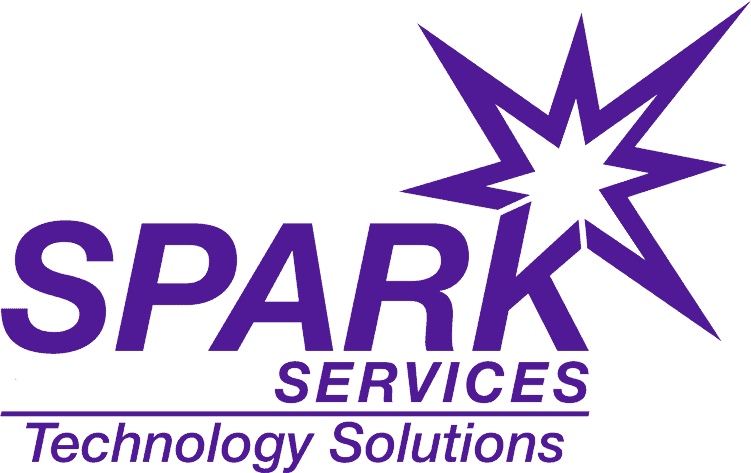Technology is the heartbeat of every modern business, but as systems grow more complex, so do the challenges of keeping them running efficiently.
Traditionally, IT teams would wait for a problem to occur, then rush to fix it. This reactive approach often led to downtime, lost productivity, and frustrated users.
However, the landscape of Managed IT Support has undergone a massive transformation. Today, businesses are shifting from reactive fixes to predictive IT support that prevents issues before they even happen.
This evolution is not just about speed; it’s about intelligence, automation, and foresight qualities that define the new era of Managed IT Support.
The Reactive Era: Fixing Problems After They Happen
For years, IT support operated under a simple model: something breaks, and technicians fix it. While functional, this reactive method had serious limitations.
Businesses often experienced long downtimes, data loss, and costly disruptions before an issue was resolved.
In the early days, Managed IT Support was mostly about troubleshooting. Support teams monitored systems manually, relying on user complaints or visible malfunctions to act.
This meant that by the time an issue was identified, damage was often already done.
Such reactive models worked in a simpler digital environment but became unsustainable as organizations grew more dependent on complex networks, cloud services, and remote systems.
The Rise of Proactive IT Support
As businesses began demanding more reliability, a proactive model emerged. Instead of waiting for problems, IT teams started monitoring systems 24/7. They used automated alerts to detect issues early and fix them before users were affected.
This proactive phase of Managed IT Support introduced:
- Continuous monitoring: Identifying irregular patterns in network activity.
- Preventive maintenance: Updating and patching systems regularly.
- Security vigilance: Detecting vulnerabilities before cyberattacks occur.
While proactive support reduced downtime significantly, it still relied heavily on human oversight. The next evolution was to make systems not just responsive but predictive.
Predictive IT Support: The New Frontier
Predictive support represents the most advanced stage of Managed IT Support. It uses artificial intelligence (AI), analytics, and machine learning to forecast potential failures before they occur.
Rather than reacting to alerts, predictive systems continuously learn from data to anticipate issues.
Key elements include:
- AI-driven insights: Predictive algorithms detect anomalies in system performance.
- Automated response systems: Intelligent software can execute corrective actions automatically.
- Data correlation: Analyzing patterns across devices, users, and applications to identify hidden risks.
With predictive Managed IT Support, downtime is minimized, and businesses can operate seamlessly. It allows companies to shift focus from problem-solving to growth and innovation.
Business Impact of Predictive Managed IT Support
The move from reactive to predictive IT support is not just a technical shift it’s a strategic advantage. Organizations that adopt predictive models experience:
- Reduced Downtime – Problems are prevented before they escalate.
- Improved Efficiency – Automated monitoring means fewer manual interventions.
- Cost Savings – Early detection reduces expensive emergency repairs.
- Better Security – Predictive analytics identify potential threats in real time.
- Enhanced Productivity – Employees can focus on work, not waiting for IT fixes.
Modern Managed IT Support transforms IT from a maintenance department into a strategic partner that drives business resilience and growth.
The Future: AI, Automation, and Self-Healing Systems
The next phase in the evolution of Managed IT Support is full automation. Self-healing systems are already being implemented where software can identify, diagnose, and correct issues without human intervention.
AI will further personalize IT support, predicting not only system failures but also user behaviour patterns that might lead to inefficiencies.
This future promises a world where businesses experience uninterrupted operations, with IT systems acting as intelligent guardians of productivity.
Conclusion: How SPARK Services Leads the Predictive Revolution
At SPARK Services, the transformation from reactive to predictive Managed IT Support is already a reality. The company’s advanced monitoring tools, AI-driven analytics, and 24/7 support empower clients to stay one step ahead of IT disruptions.
By combining human expertise with cutting-edge technology, SPARK ensures systems run efficiently, securely, and predictively.
In a world where downtime costs time, money, and reputation, SPARK Services helps businesses embrace the future of Managed IT Support a future where problems are prevented before they exist.




